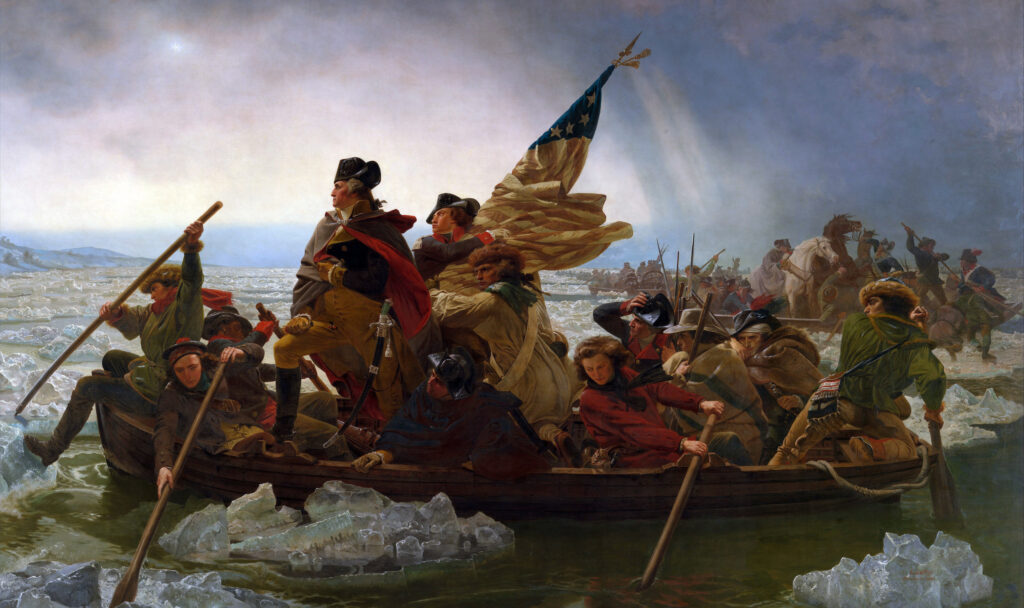Note: If you wish to receive, via e-mail, (1) my weekly newsletter or (2) daily copies of these posts, notify me at rrbates1951 at gmail dot com and I will send it/them to you. I promise not to share your e-mail address with anyone. To unsubscribe, send me a follow-up email.
Friday
Sewanee College, where I serve as an occasional visiting professor, has just chosen a new president—and given that I submit a weekly poem to the town newspaper, I chose Rudyard Kipling’s “If” to greet the news.
I remember being put off when I encountered the poem in high school, what with its patriarchal “you’ll be a man, my son!” finale. It struck me as overly macho. When I read it now as I enter my 70s, however, I applaud the quality of the advice. The poem provides essential leadership tips for men and women alike.
Kipling’s balancing act is brilliant, especially in such lines as trusting yourself but remaining open, dreaming while not getting lost in dreams, thinking but not getting hung up on your conceptual framework.
And then there’s the advice, which Wimbledon offers to players (they can read it on the wall as they enter center court), to regard both Triumph and Disaster with equanimity. And when disaster strikes, to stoop and rebuild “the things you gave your life to,” even if you must do so with “worn-out tools.”
We probably don’t want our presidents risking everything on one throw of the dice (although sometimes large gambles must be taken). On the other hand, presidents need Kipling’s next piece of advice: to “force heart and nerve and sinew/To serve your turn long after they are gone” and to exhort yourself to “hold on” even when you’d rather give up.
It’s also wise to neither get stampeded by the “crowds” (staff, faculty, students, the public) nor lose yourself in an elitist bubble (trustees, big donors). And not to be hurt when people behave according to their institutional roles in their dealings with you. When I headed my department, I found it particularly hard to acknowledge that people who knew me previously were suddenly responding to me as chair, not as Robin Bates.
Kipling’s next piece of advice—don’t let either friends or foes get you down—reminds me of a witty interchange in Shakespeare’s Twelfth Night. Feste the fool tells us he is made better by his foes and worse by his friends, explaining to Orsino,
Marry, sir, [my friends] praise me and make an ass of me; now my foes tell me plainly I am an ass: so that by my foes, sir, I profit in the knowledge of myself, and by my friends, I am abused: so that, conclusions to be as kisses, if your four negatives make your two affirmatives why then, the worse for my friends and the better for my foes.
Finally, Kipling advises that leaders should let “all men count with you, but none too much”—which I interpret as needing to respect everyone while maintaining a distance. So if you spend a full sixty seconds out of every minute putting these precepts into practice, all should go well.
Of course, as Kipling himself warns, disasters will still occur. But by following his advice, you’ll at least give yourself the best chance of success.
If you can keep your head when all about you
Are losing theirs and blaming it on you,
If you can trust yourself when all men doubt you,
But make allowance for their doubting too;
If you can wait and not be tired by waiting,
Or being lied about, don’t deal in lies,
Or being hated, don’t give way to hating,
And yet don’t look too good, nor talk too wise:If you can dream—and not make dreams your master;
If you can think—and not make thoughts your aim;
If you can meet with Triumph and Disaster
And treat those two impostors just the same;
If you can bear to hear the truth you’ve spoken
Twisted by knaves to make a trap for fools,
Or watch the things you gave your life to, broken,
And stoop and build ’em up with worn-out tools:
If you can make one heap of all your winnings
And risk it on one turn of pitch-and-toss,
And lose, and start again at your beginnings
And never breathe a word about your loss;
If you can force your heart and nerve and sinew
To serve your turn long after they are gone,
And so hold on when there is nothing in you
Except the Will which says to them: ‘Hold on!’
If you can talk with crowds and keep your virtue,
Or walk with Kings—nor lose the common touch,
If neither foes nor loving friends can hurt you,
If all men count with you, but none too much;
If you can fill the unforgiving minute
With sixty seconds’ worth of distance run,
Yours is the Earth and everything that’s in it,
And—which is more—you’ll be a Man, my son!
